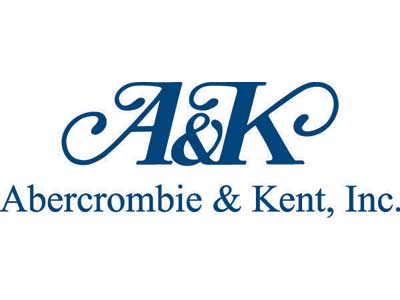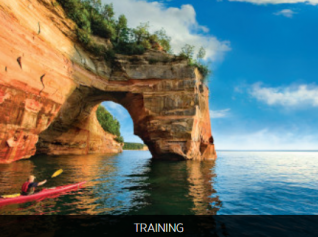Ten tips to improve your travel search engine marketing
Joshua Stylman offers TravelMole readers 10 tips for marketing travel and destination sites through search engines. The author is managing partner of Reprise Media, a full-service search engine marketing firm based in New York City.
1. Search is unlike any other medium, so the tricks that you’ve learned about what works in other media won’t always apply here. Don’t assume that you know what keywords you need to buy, what your creative should say or where you should lead users – consider everything open to testing.
2. Just as flight attendants help you find your way on board an airplane, there are a group of helpful people who can help you navigate the search market – your users. By studying search engine referrals and site search logs you can understand the specific terms and phrases people use to find your site. This will help expand your keyword list beyond obvious choices like your brand name or generic terms like “Alaska tourism.”
3. There are two distinct ways to reach a locally targeted audience with your messages. The first method, targeting by IP, will get you in front of any consumer who’s searching from a computer in your DMA. While useful, this method often overlooks many people who log on to the internet through an ISP like AOL or PeoplePC. The second, and often more effective, targeting option is to include geo-qualifiers in your keywords: “family vacations orlando” versus just “family vacations.”
4. With hundreds or even thousands of keywords to manage across several engines, it can be hard to quickly optimize your campaign. The secret? At the outset of your campaign, organize your keywords into a series of themed categories (called AdGroups in Google). You might have all the keywords that refer specifically to your destination together in one bucket, all of the activity related keywords together (“skiing vacation” with “snowboarding vacation” and so on) and price-point related keywords in another (“cheap vacations,” “inexpensive vacation destinations,” etc.) By grouping keywords in these thematic clusters, you can quickly identify the type of keywords that work, and raise or lower your bids accordingly.
5. Other forms of media offer advertisers a pretty robust platform to engage with customers – 30 second spots or brightly colored full-page spreads. In search, your ad is limited to roughly 135 characters of text – a lot less to work with. When writing listings for search its important to remember the environment. Because that text is the ad, every single character is valuable. Treat it that way. Your ad must appear to be informative, helpful and (most importantly) shouldn’t be a blatant, unsupported sales pitch.
6. Not everyone does all their searching on Google, Yahoo! or MSN – especially not travelers. When planning, consider all the different places that users may go to find the perfect vacations destination and build each of them into your campaign. Do they visit other search engines like Ask, Miva or Lycos? How about fare aggregators like Kayak or SideStep? Once you’ve located your audience, it’s time to test everything. Sometimes the best performing sites are the ones you never expected.
7. Most search engines offer a contextual advertising option alongside their core search program. While the targeting often isn’t as precise, and the inventory isn’t always as plentiful, contextual ads can help advertisers reach a much broader market. Keep this in mind: when targeting ads to the contextual channel, you’re reaching users who aren’t actively looking for ideas, but might be open to your offer – in this case it might make more sense to use a more sales-oriented message.
8. Not everyone who visits your site will become a customer the minute they click through. It takes time – sometimes days, sometimes months – for some of those visits to convert. By using a third party tracking solution, you can keep tabs on users for extended periods of time, ensuring that when they come back, you’ll know what originally got them there.
9. Search is a conversation between advertisers and users. So remember; when someone clicks, your work isn’t over. Every paid search listing must lead users to the most relevant landing page possible. This will help users know that they’ve gotten what they asked for, and will establish that you understand what they need.
10. Get creative – someone just took the time to find you. By providing more than a basic brochure on your site you can reward these users for engaging with you, and make a more memorable impression on them. Think about the interactions that would be most valuable for your business. How can you use search to guide users to buy something? To fill out a form? Call an 800 number? Make sure that everything – your ad, landing page and site call to actions – is focused on delivering that activity.
Report by David Wilkening
 United Kingdom
United Kingdom United States
United States Asia Pacific
Asia Pacific












































EU airports bring back 100ml liquid rule
CLIA: Anti-cruise demos could cause itinerary changes in Europe
Co-pilot faints, easyJet flight issues ‘red alert’
Dozens fall ill in P&O Cruises ship outbreak
Woman dies after getting ‘entangled’ in baggage carousel